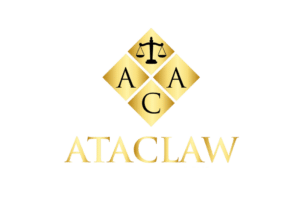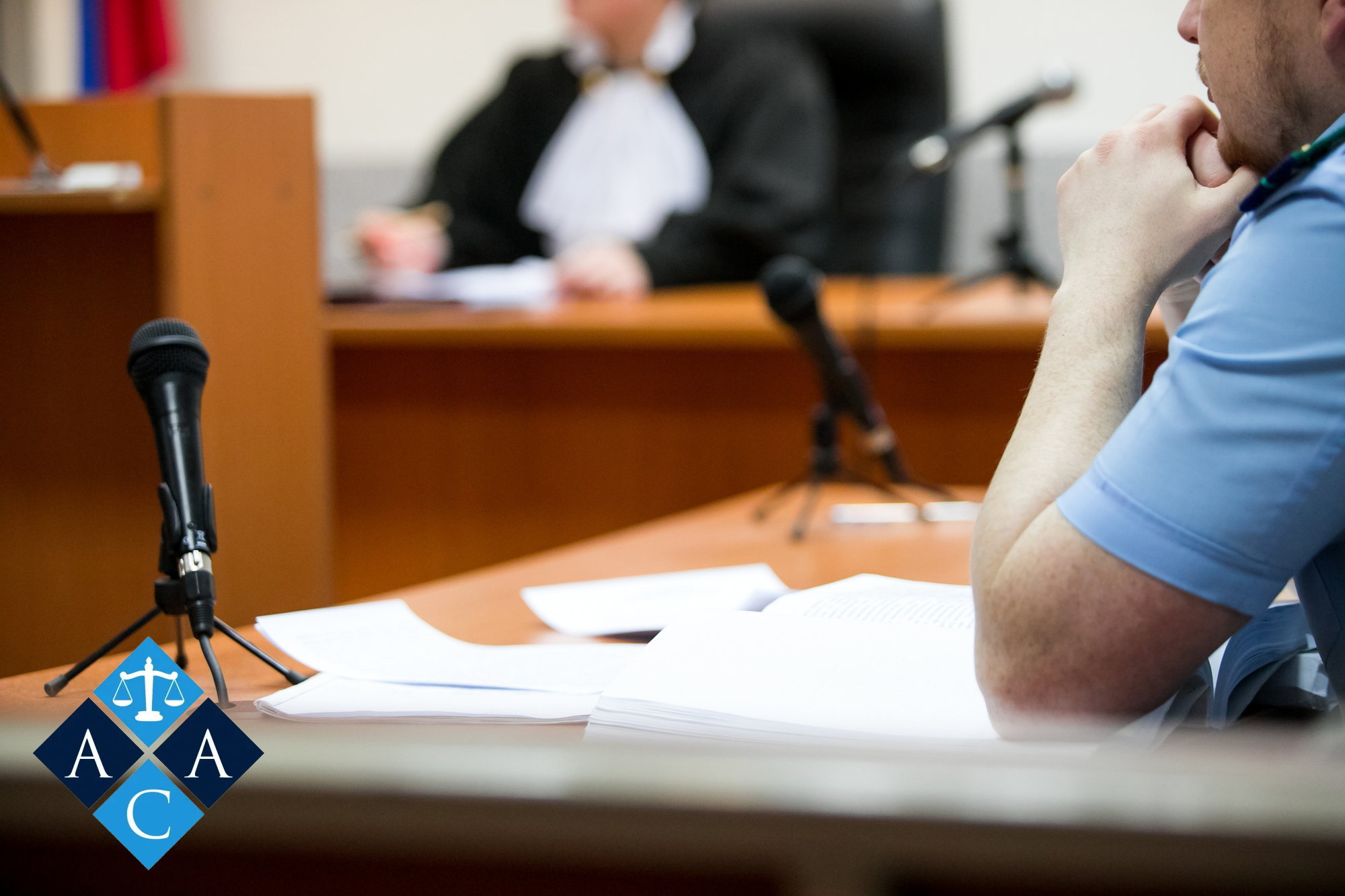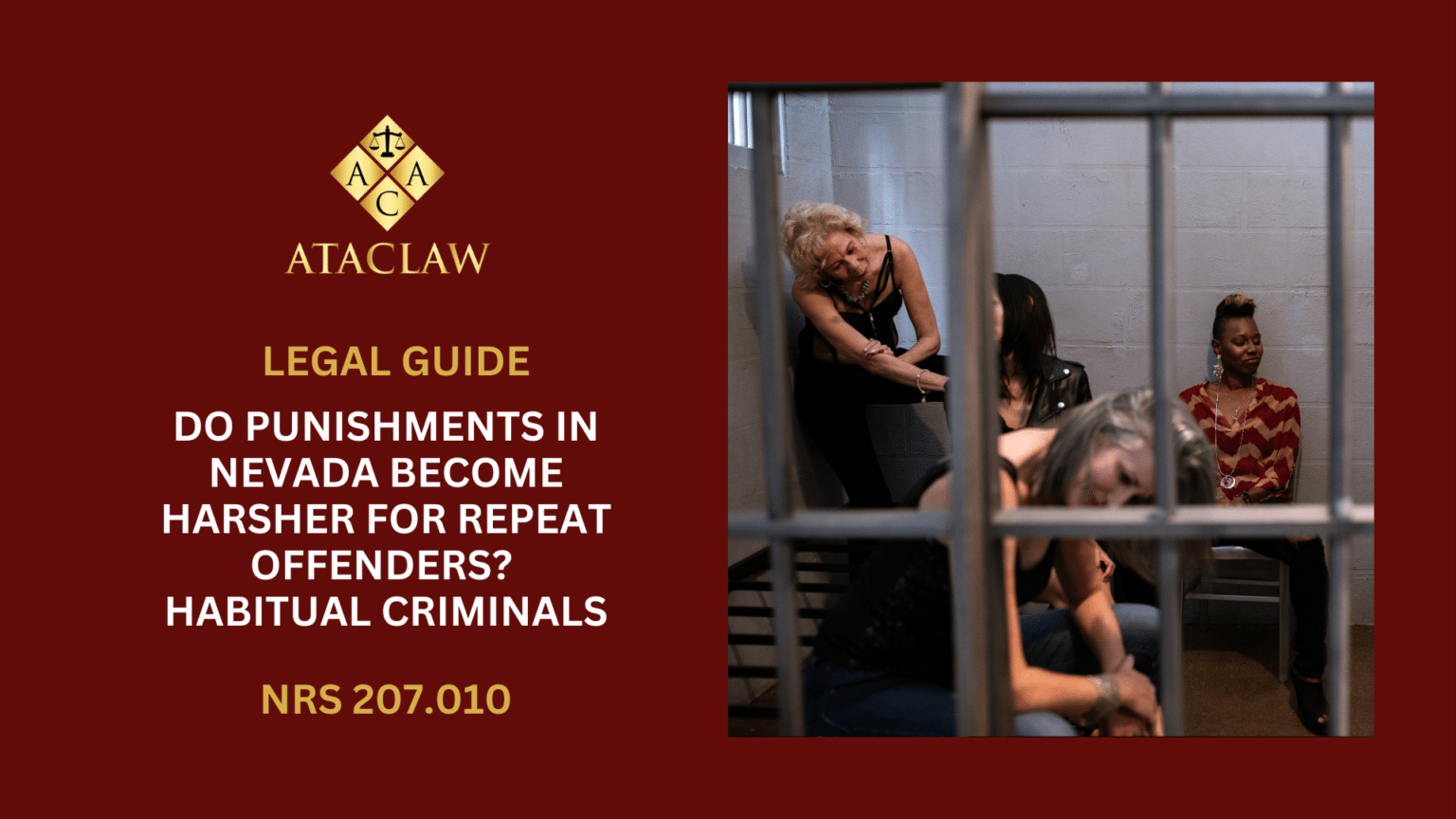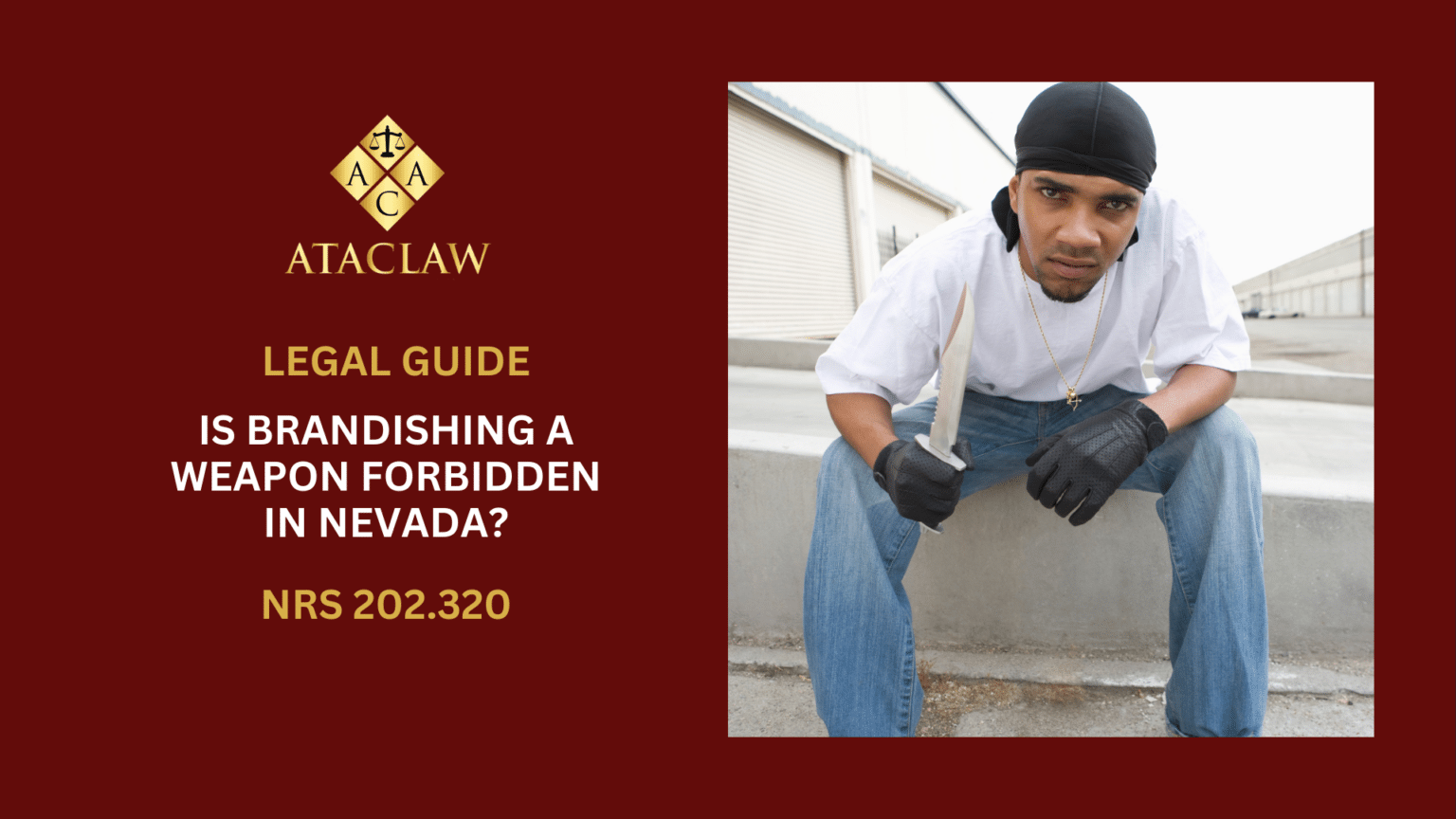Lights, sirens, and defense. Welcome to Sin City, where the streets are sizzling hot and DUI cases can quickly turn your world upside down. In this ultimate guide to DUI cases in Las Vegas, we’ll dive into the legal trenches to help you navigate through the chaos and protect your rights.
From the moment those flashing lights appear in your rearview mirror, the stakes are high. But fear not, for we’re here to walk you through every step of the process. Whether you’re a local or a tourist swept up in the whirlwind of the Las Vegas nightlife, understanding the intricacies of DUI laws and defenses is essential.
In this article, we’ll unravel the legal jargon, explore the consequences of a DUI conviction, and shed light on the defense strategies that could make all the difference. We’ll also take a behind-the-scenes look at the tactics employed by law enforcement and prosecutors, giving you the upper hand in your fight for justice.
So buckle up and prepare to demystify the labyrinth of DUI cases in Las Vegas. Your freedom depends on it.
Understanding DUI charges in Las Vegas
Las Vegas is known for its vibrant nightlife and entertainment, but it’s important to understand the serious implications of driving under the influence (DUI) in this city. In this section, we’ll delve into the various aspects of DUI charges in Las Vegas and provide you with a comprehensive understanding of the legal framework.
First and foremost, it’s crucial to be aware of what constitutes a DUI offense in Las Vegas. In Nevada, the legal limit for blood alcohol concentration (BAC) is 0.08%. If a person is found operating a vehicle with a BAC at or above this limit, they can be charged with a DUI. However, it’s important to note that even if your BAC is below the legal limit, you can still be arrested and charged if law enforcement determines that your ability to drive is impaired.
Being charged with a DUI in Las Vegas can have severe consequences, including fines, license suspension, mandatory alcohol education programs, and even jail time. The penalties vary depending on factors such as the number of prior offenses and the level of impairment. It’s essential to fully grasp the potential consequences to make informed decisions and protect your rights.
To successfully navigate through a DUI case in Las Vegas, it’s crucial to understand the legal process and your rights as a defendant. From the moment you are pulled over to the final resolution of your case, there are specific steps that law enforcement and the judicial system must follow. Familiarizing yourself with these processes will enable you to effectively strategize your defense and ensure a fair trial.
Penalties for DUI offenses in Las Vegas
When it comes to DUI offenses in Las Vegas, the penalties can be severe and life-altering. In this section, we’ll explore the potential consequences you may face if convicted of a DUI in Sin City.
The penalties for a DUI conviction in Las Vegas vary depending on several factors, including your BAC, whether it’s a first offense or subsequent offense, and any aggravating circumstances. For a first-time DUI offense with a BAC below 0.18%, the penalties may include fines ranging from $400 to $1,000, attendance at a DUI school, a license suspension of 90 days, and the possibility of up to six months in jail.
If your BAC is above 0.18% or if you have prior DUI convictions within a certain time frame, the penalties become more severe. You may face higher fines, a longer license suspension, mandatory installation of an ignition interlock device, and an increased likelihood of jail time. Additionally, a DUI conviction can have long-term consequences, such as higher insurance rates, difficulty finding employment, and damage to your reputation.
It’s important to note that these penalties are not set in stone and can vary depending on the circumstances of your case. A skilled DUI attorney can help you navigate the legal system, assess the specific details of your case, and develop a defense strategy to minimize the potential consequences.
DUI defense strategies in Las Vegas
Facing a DUI charge can be overwhelming, but with the right defense strategy, you can fight for your rights and potentially achieve a favorable outcome. In this section, we’ll explore some common defense strategies employed in DUI cases in Las Vegas.
One potential defense strategy is challenging the legality of the traffic stop. Law enforcement must have a valid reason, such as probable cause or reasonable suspicion, to pull you over. If it can be demonstrated that the stop was unwarranted or violated your constitutional rights, the evidence obtained after the stop may be suppressed, potentially leading to a dismissal of your case.
Another defense strategy is disputing the accuracy of the field sobriety tests (FSTs). FSTs are commonly used by law enforcement to assess a driver’s level of impairment. However, these tests are subjective and can be influenced by various factors, such as uneven terrain or medical conditions. A skilled DUI attorney can challenge the validity of these tests, potentially casting doubt on the accuracy of the results.
It’s also important to explore potential issues with the breathalyzer or blood test results. Errors in calibration, maintenance, or administration of these tests can lead to inaccurate readings. A thorough examination of these procedures and any potential deviations can be crucial in building an effective defense.
Ultimately, the success of your defense strategy depends on the specific details of your case, the evidence against you, and the expertise of your DUI attorney. Each case is unique, and a skilled attorney will assess the strengths and weaknesses of your case to develop a tailored defense strategy that maximizes your chances of a favorable outcome.
Hiring a DUI attorney in Las Vegas
When facing a DUI charge in Las Vegas, hiring a skilled and experienced DUI attorney is crucial. In this section, we’ll explore the importance of legal representation and provide guidance on how to choose the right attorney for your case.
Navigating the complex legal landscape of DUI cases requires specialized knowledge and expertise. A DUI attorney who is well-versed in Nevada’s DUI laws, familiar with local courts and judges, and experienced in handling DUI cases can significantly impact the outcome of your case.
When selecting a DUI attorney, it’s essential to consider their experience, track record, and reputation. Look for an attorney who has a strong track record of success in DUI cases and positive reviews from past clients. Additionally, consider their level of expertise in DUI defense and their familiarity with local courts and prosecutors. A well-established attorney who knows the intricacies of the legal system can provide invaluable guidance and representation throughout the process.
Don’t hesitate to schedule consultations with multiple attorneys to discuss your case before making a decision. This will allow you to gauge their level of professionalism, communication skills, and their approach to handling DUI cases. Choose an attorney who makes you feel comfortable, listens to your concerns, and demonstrates a genuine commitment to fighting for your rights.
The DUI arrest process in Las Vegas
Understanding the DUI arrest process is essential when facing a DUI charge in Las Vegas. In this section, we’ll take a detailed look at the various stages of the arrest process and the key elements involved.
The DUI arrest process typically begins with a traffic stop initiated by law enforcement. As previously mentioned, the officer must have a valid reason for the stop, such as observing a traffic violation or erratic driving. Upon pulling you over, the officer will assess your behavior, appearance, and any signs of impairment, such as the odor of alcohol or slurred speech.
If the officer suspects impairment, they may proceed to conduct field sobriety tests (FSTs). These tests are designed to assess your coordination, balance, and cognitive abilities. Common FSTs include the walk-and-turn test, the one-leg stand test, and the horizontal gaze nystagmus test. It’s important to note that you have the right to refuse these tests, but doing so may have consequences such as license suspension.
Based on the results of the FSTs and their observations, the officer may then choose to administer a breathalyzer or request a blood test to measure your BAC. It’s important to remember that you have the right to request an independent blood test if a blood test is administered.
If you are arrested for a DUI, you will be taken to the police station or a local jail for booking. This process involves recording your personal information, fingerprinting, and taking your photograph. You may be held in custody until you can post bail or until your court appearance, depending on the circumstances.
Understanding each step of the DUI arrest process is crucial to identify any potential issues or violations of your rights. It’s important to consult with a DUI attorney as soon as possible after your arrest to ensure that your rights are protected and to begin building your defense.
Field sobriety tests in Las Vegas DUI cases
Field sobriety tests (FSTs) are commonly used by law enforcement officers to assess a driver’s level of impairment during a DUI stop in Las Vegas. In this section, we’ll take a closer look at the various FSTs used and their significance in DUI cases.
The three standardized FSTs recognized by the National Highway Traffic Safety Administration (NHTSA) are the walk-and-turn test, the one-leg stand test, and the horizontal gaze nystagmus (HGN) test.
The walk-and-turn test requires the driver to take nine heel-to-toe steps along a straight line, turn on one foot, and return in the same manner. The officer will look for specific indicators of impairment, such as losing balance, stepping off the line, or using arms for balance.
The one-leg stand test requires the driver to stand on one leg while counting aloud for a specified duration. The officer will observe for signs of swaying, using arms for balance, or putting the foot down before instructed.
The horizontal gaze nystagmus test involves the officer observing the driver’s eyes as they track a moving object, such as a pen or flashlight. Nystagmus refers to the involuntary jerking of the eyes, which can become more pronounced when a person is impaired. The officer will look for specific clues, such as the inability to smoothly follow the object or distinct jerking of the eyes.
It’s important to note that FSTs are subjective and can be influenced by various factors, such as fatigue, medical conditions, or uneven terrain. Additionally, an officer’s interpretation of the test results may not always be accurate. A skilled DUI attorney can challenge the validity and reliability of FSTs in your case, potentially weakening the prosecution’s evidence.
Blood alcohol concentration (BAC) and DUI in Las Vegas
Blood alcohol concentration (BAC) plays a significant role in DUI cases in Las Vegas. In this section, we’ll explore the relationship between BAC levels and the legal implications of driving under the influence.
In Nevada, the legal limit for BAC is 0.08%. If a driver is found operating a vehicle with a BAC at or above this limit, they can be charged with a DUI. However, it’s important to note that even if your BAC is below the legal limit, you can still be arrested and charged if law enforcement determines that your ability to drive is impaired.
It’s crucial to understand that BAC levels can vary depending on several factors, including weight, metabolism, and the rate of alcohol consumption. Different individuals may have different tolerances, and the effects of alcohol can vary from person to person.
It’s important to note that BAC test results are not infallible, and errors can occur during testing. Factors such as improper calibration of breathalyzer machines or contamination of blood samples can lead to inaccurate results. A skilled DUI attorney will thoroughly examine the procedures and evidence related to BAC testing to identify any potential issues that could weaken the prosecution’s case.
DUI checkpoints in Las Vegas
DUI checkpoints, also known as sobriety checkpoints, are a common law enforcement tactic used to deter and detect drivers under the influence. In this section, we’ll explore the legality of DUI checkpoints in Las Vegas and provide guidance on how to handle them.
DUI checkpoints involve law enforcement officers stopping vehicles at predetermined locations to assess drivers for signs of impairment. These checkpoints are typically set up during times when there is a higher likelihood of impaired driving, such as weekends or holidays.
In Las Vegas, DUI checkpoints are legal as long as certain criteria are met. Law enforcement must have a specific operational plan, conduct the checkpoint in a non-discriminatory manner, and provide advance notice to the public. However, it’s important to note that drivers still have rights during these checkpoints.
If you encounter a DUI checkpoint, it’s important to remain calm and cooperate with law enforcement. Provide your driver’s license, registration, and proof of insurance if requested. However, you are not required to answer any questions beyond providing your identification. You also have the right to refuse to perform field sobriety tests or submit to a preliminary breath test (PBT) without legal consequences.
If you are arrested or charged with a DUI at a checkpoint, it’s crucial to consult with a DUI attorney as soon as possible. They can assess the legality of the checkpoint and determine if any violations of your rights occurred.
How to handle a DUI checkpoint in Las Vegas
Encountering a DUI checkpoint can be intimidating, but with the right knowledge and approach, you can navigate through it smoothly. In this section, we’ll provide practical tips on how to handle a DUI checkpoint in Las Vegas.
First and foremost, it’s essential to approach the checkpoint with a calm and cooperative demeanor. Comply with the officer’s requests for identification and documentation. Be polite and respectful, even if you believe the checkpoint is unwarranted or violating your rights.
Remember that you are not required to answer any questions beyond providing your identification. You have the right to remain silent and avoid self-incrimination. Politely decline to answer any questions about your activities, recent alcohol consumption, or any other potentially incriminating information.
If requested, you are not legally required to perform field sobriety tests at a checkpoint. Politely refuse these tests, as they are subjective and can be used as evidence against you.
Do you need a Self Defense Attorney in Las Vegas?
If You’re Facing Charges, We’re Here To Help.
Call us for help
“How do you beat a self defense charge in Nevada?”
“When is use of force permitted for self defense?”
What self defense weapons are legal in Las Vegas?
If you needed use of force during an act of self defense, and are now facing charges:
We have answers for you
To learn more about self defense charges in Las Vegas and how to get your self defense charge dismissed or to discuss a particular criminal case that you or someone you love is facing, Call ATAC Law firm for help to get your charges reduced or dismissed.
Contact us for a FREE phone meeting to discuss your case with what people are calling the best criminal defense attorney in Las Vegas.
At ATAC, our Las Vegas team of lawyers is here to work with you to help you through your case.





